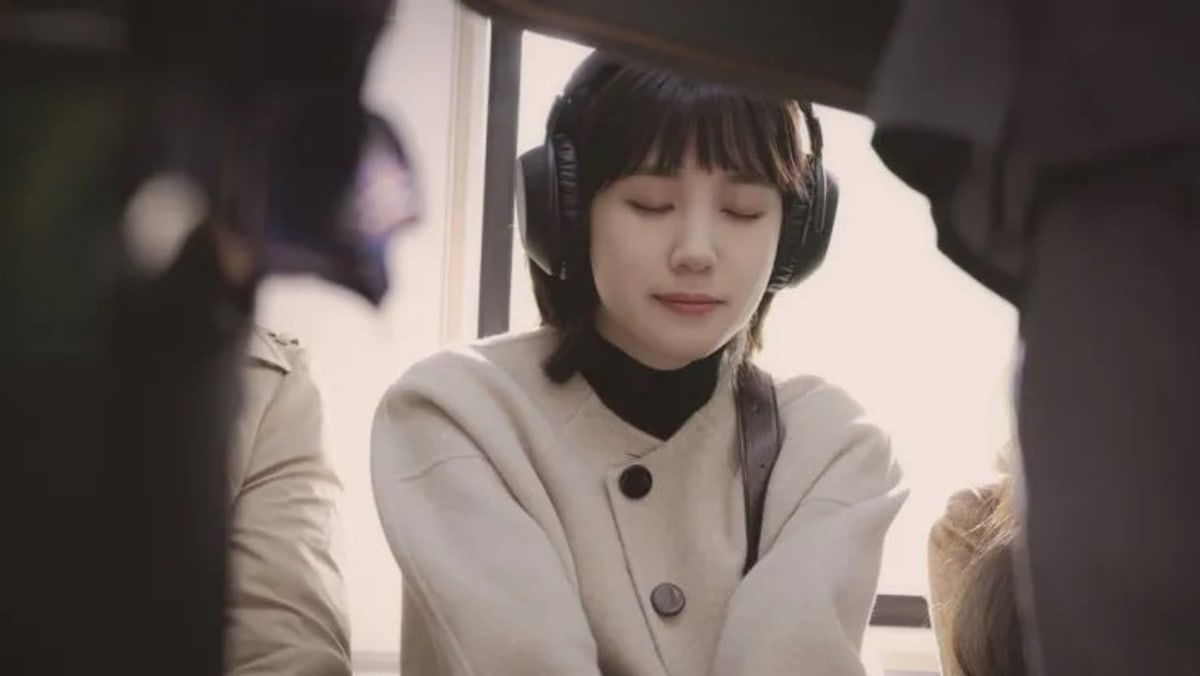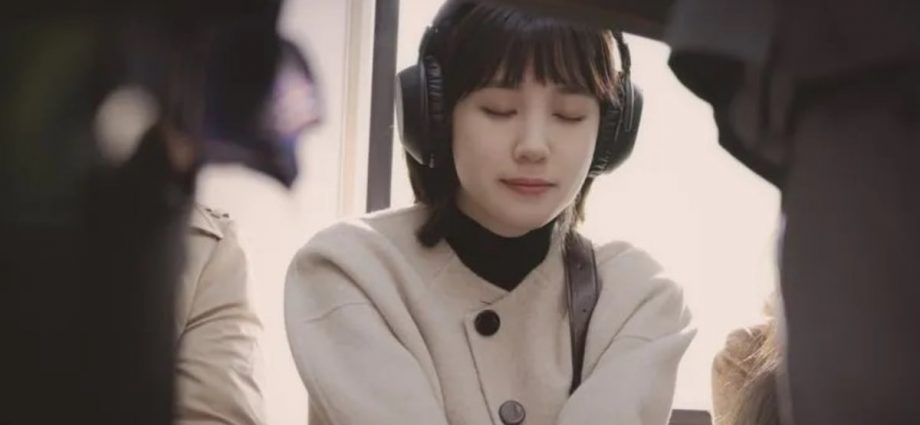
AN ACCURATE REPRESENTATION OF THE AUTISTIC COMMUNITY?
With society’s penchant for an underdog success story, the popularity of Extraordinary Attorney Woo has reignited interest in autism narratives.
The 16-episode series has received valid criticism that it paints an overly fantastical portrait of autistic individuals, by leaning into the savant stereotype. This narrative tends to turn neurodivergent behaviours into cute quirks, for the benefit of a neurotypical society.
Society operates according to neurotypical benchmarks – that is, brain functions, behaviours and processing that are considered standard or typical.
And autism, as a neurodevelopmental condition, falls under the umbrella of neurodiversity, which describes the idea that people experience the world in many different ways. Simply put, there is no single “right” way of thinking, learning and behaving.
Yet, despite a growing awareness of neurodiversity, stereotypes around autistic individuals remain prevalent – and the show doesn’t shy away from this reality.
Some have said that the ableism Woo faced from her colleagues displays actual treatment towards the autistic community in reality.
Characters like Jung as well as fellow junior lawyer Attorney Kwon Min-woo, who was jealous and resentful of Woo, simply show that not everyone will immediately embrace autistic or other neurodivergent individuals. Their behaviours are not meant to reinforce discrimination but reflect it.
Moreover, while there may be autistic individuals who do excel because of their condition, the reality for the majority is far more complex. Keep in mind too that savant syndrome is rare, with experts estimating that about 10 per cent of the autistic population have such abilities in varying degrees.
Several episodes in Extraordinary Attorney Woo attempt to strike this balance. In one episode where Woo meets an autistic client with high support needs, the client’s mother admits that she initially felt conflicted seeing her son next to Woo. Most autistic individuals are like her son, she said.
Woo also frequently articulates her struggle to understand others, as well as hating that she makes others feel lonely. As much as she may appear to be thriving on the surface, she is fully aware that she does not fit in society.

